For organic agriculture to develop to its full potential, experts say it is necessary to supplement scientific and technological advances to modernize production.
Recognizing that organic agriculture is developing very rapidly, however, speaking with Vietnam Agriculture Newspaper at the Seminar "Converting to organic agriculture needs more support", Associate Professor, Dr. Tran Thi Ba, School of Agriculture ( Can Tho University) said that currently, the understanding and practice of organic agriculture has not been correctly determined by farmers.
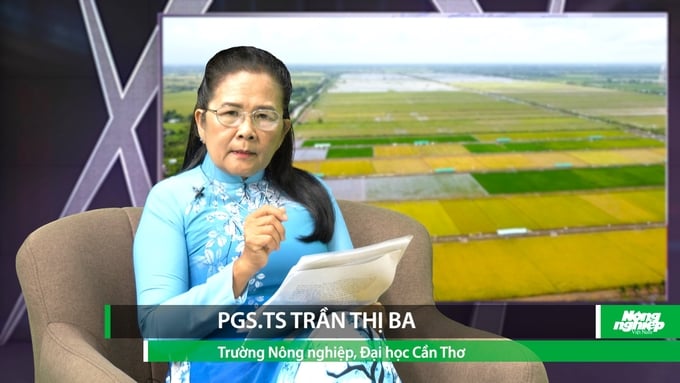
Associate Professor, Dr. Tran Thi Ba shared at the seminar "Converting to organic agriculture needs more support" organized by Vietnam Agriculture Newspaper. Photo: Kim Anh.
Therefore, it is necessary to distinguish clearly between organic agriculture and organic farming. In which, organic agriculture is a large concept, covering the whole issue of farming. This is an agricultural management system that avoids the use of chemicals, reduces pollution of soil, water and air.
“Organic agricultural production is not simply chemical-free agriculture, but must be based on the use of biological cycles found in nature, combined with traditional agriculture, with innovation and application of science and technology to optimize health and the environment,” Associate Professor, Dr. Tran Thi Ba explained.
According to Dr. Tran Thi Ba, organic farming must follow the "5 no" method: No use of chemical fertilizers; no use of chemical pesticides; no use of herbs; no use of growth stimulants; no use of genetic modified seeds. Instead, the solution is to reuse agricultural by-products, following a circular agricultural model. Especially focusing on using local raw materials for organic agricultural production.
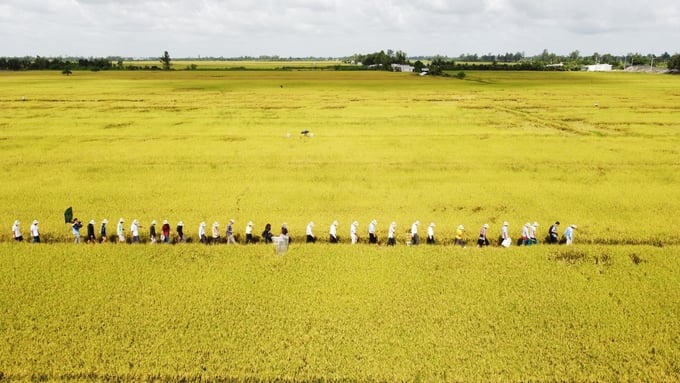
Organic farming will improve and maintain the agricultural ecosystem, avoiding overexploitation and pollution of the natural environment. Photo: Kim Anh.
In addition to focusing on the farming process, the application of scientific and technical advances in organic agricultural production to increase productivity and reduce losses also needs attention.
Currently, in the Mekong Delta, the application of organic fertilizers and microbiological products to improve soil is still popular. Associate Professor, Dr. Tran Thi Ba believes that it is necessary to supplement science, technology and engineering to modernize organic agricultural production.
For example, traditional farming must be combined with modernity, applying scientific and technological advances, mechanization, automation, computerization, and applying 4.0 technology in production.
This application needs to be carried out quickly in all stages from land preparation, sowing, care, harvesting, packaging, preservation, etc. This will help farmers be proactive in cultivation, reduce losses, and avoid some risks of reducing quality or safety of agricultural products.
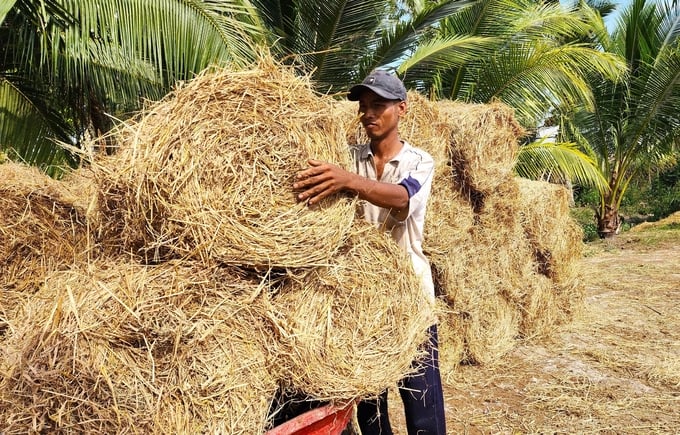
Reusing agricultural by-products and developing circular agriculture are effective solutions to promote organic agricultural production. Photo: Kim Anh.
Currently, there have been many scientific and technological advances, which, if widely applied, will contribute to improving the efficiency of organic agricultural production. For example, drones are becoming popular in rice fields, or financial technology serving farms helps farmers to be able to borrow money, make payments, and insure while sitting in place...
Applying biotechnology to produce hybrid superior seeds is also a factor that Associate Professor, Dr. Tran Thi Ba identified as very important and necessary in organic agricultural production.
Like many other agricultural development standards such as VietGAP, GlobalGAP, organic agriculture will have difficulties in operation because the cultivation process requires strict adherence to procedures and no chemicals.
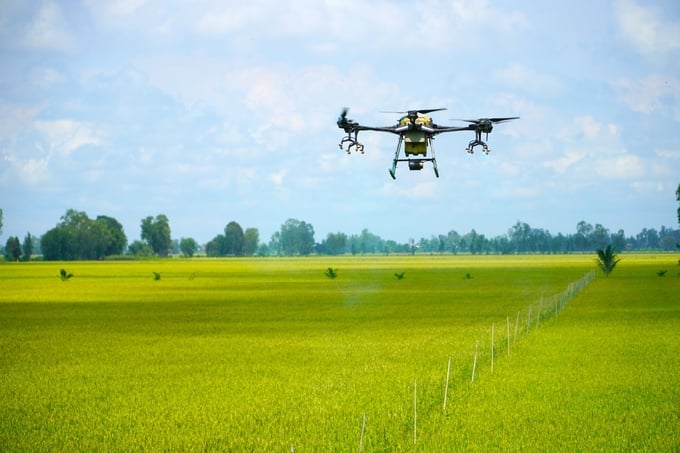
Applying science and technology to organic agricultural production contributes to increasing quality, reducing labor, and increasing product competitiveness. Photo: Kim Anh.
However, if the Mekong Delta in particular and Vietnam in general have more in-depth research projects on natural enemy production technology and biological products to limit the impact of chemicals on crops, it will create more favorable conditions for organic agriculture.
In addition, the ecological environment and pests on each crop variety are also different. Therefore, localities need to invest in research and completion so that the organic farming process when implemented will be more effective, increasing the trust of farmers.
Source: https://nongsanviet.nongnghiep.vn/bo-tro-khoa-hoc-cong-nghe-hien-dai-hoa-san-xuat-nong-nghiep-huu-co-d389867.html








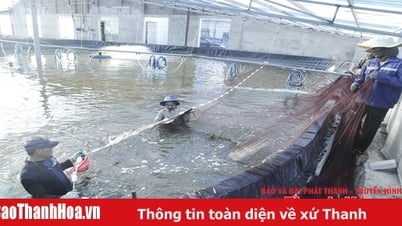



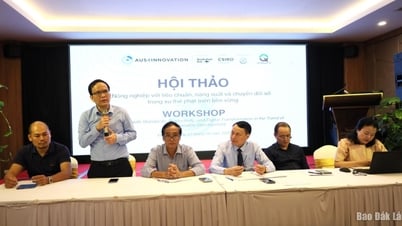

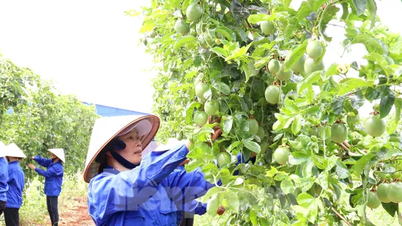

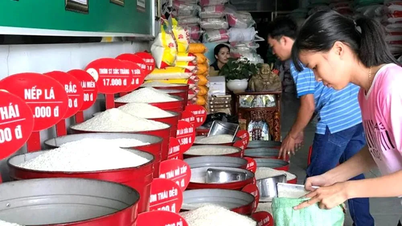

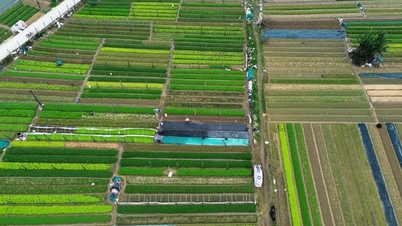
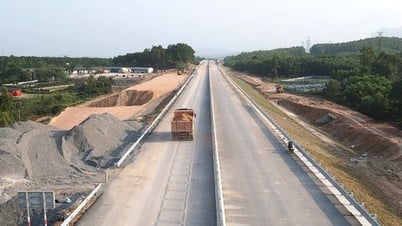

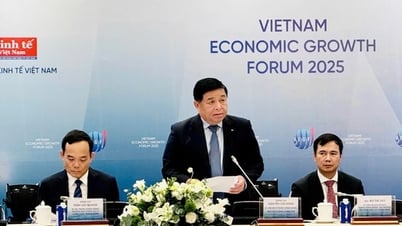




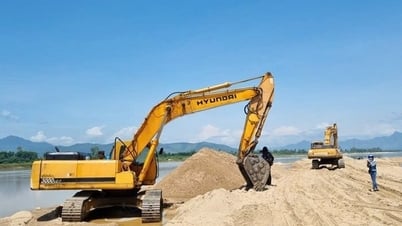
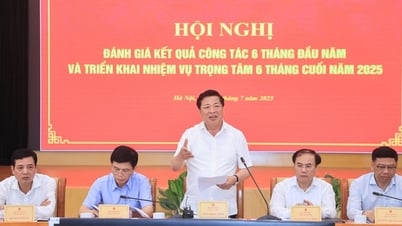





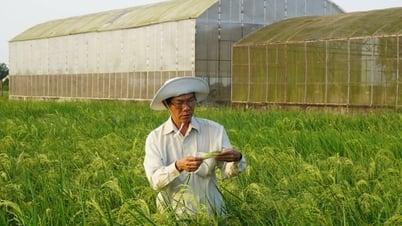
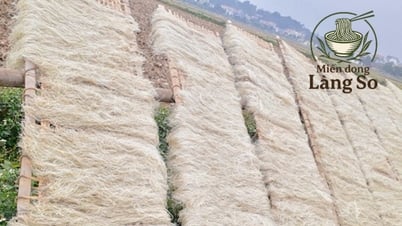

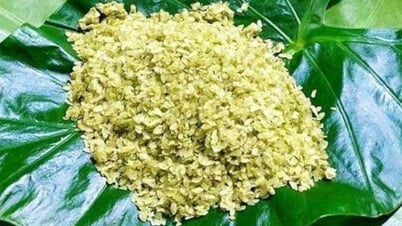
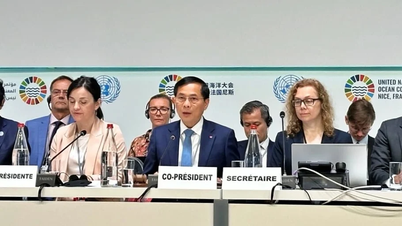





































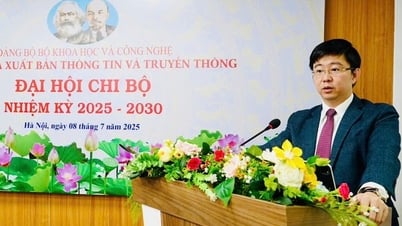





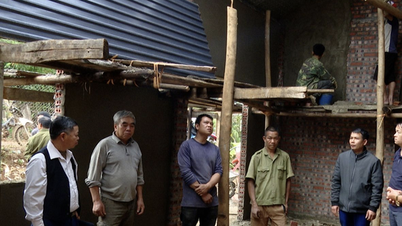

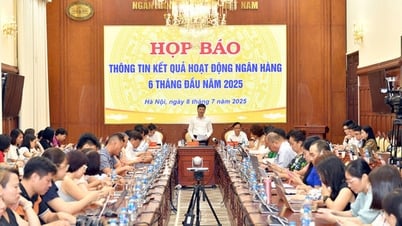



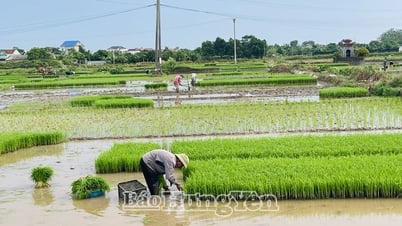





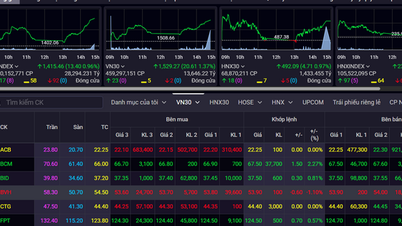













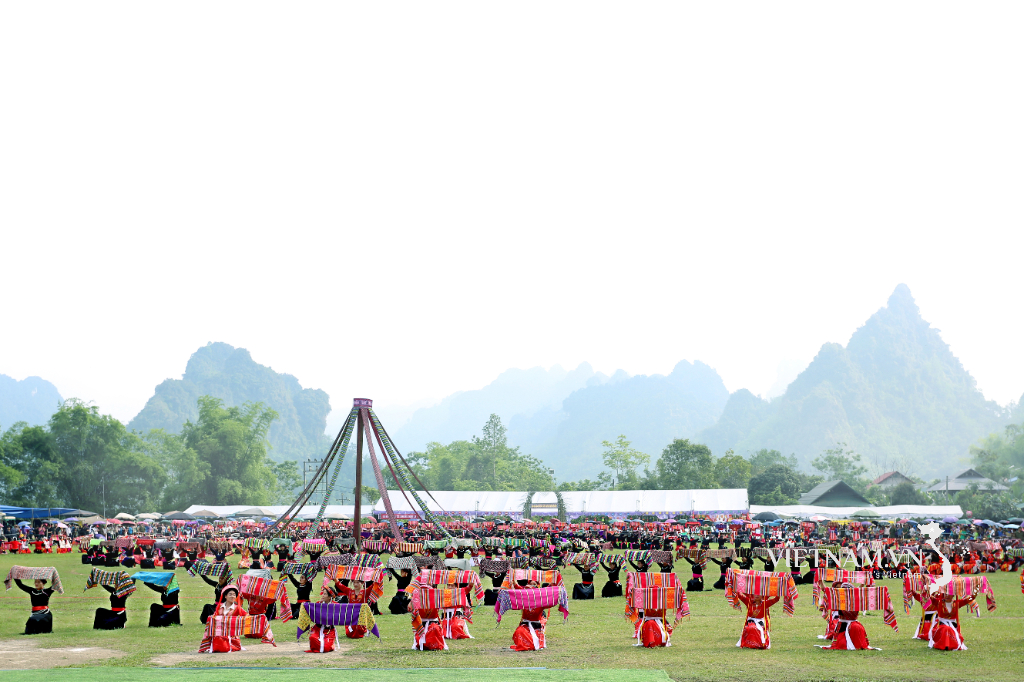
Comment (0)